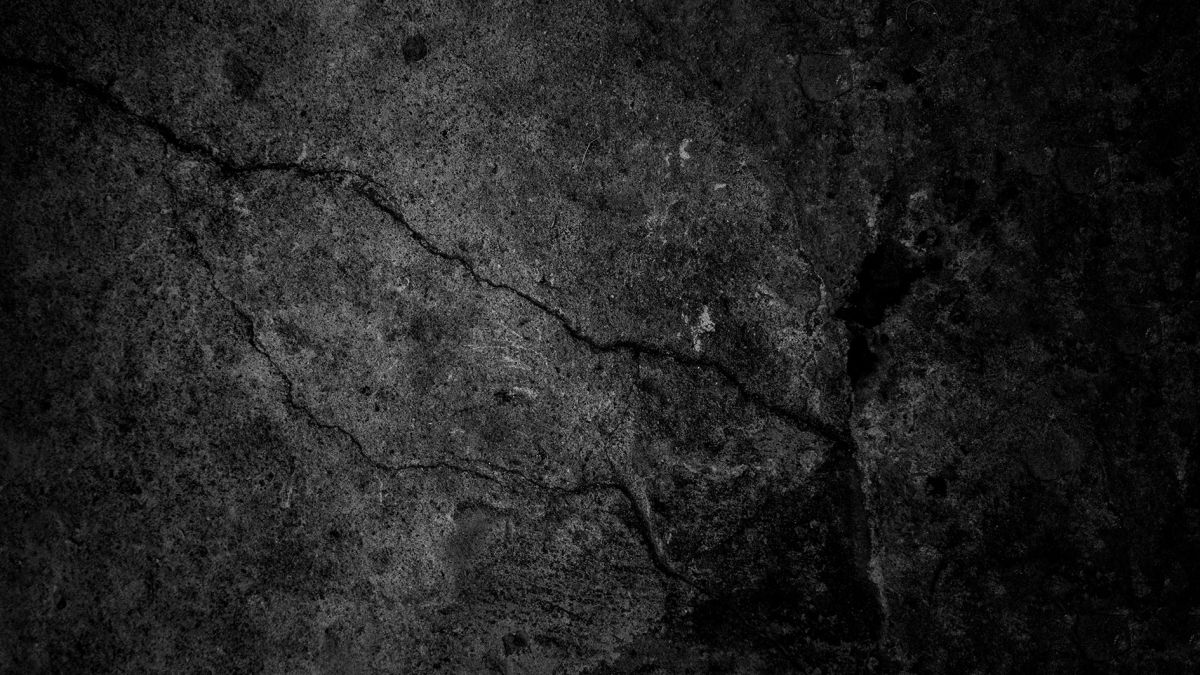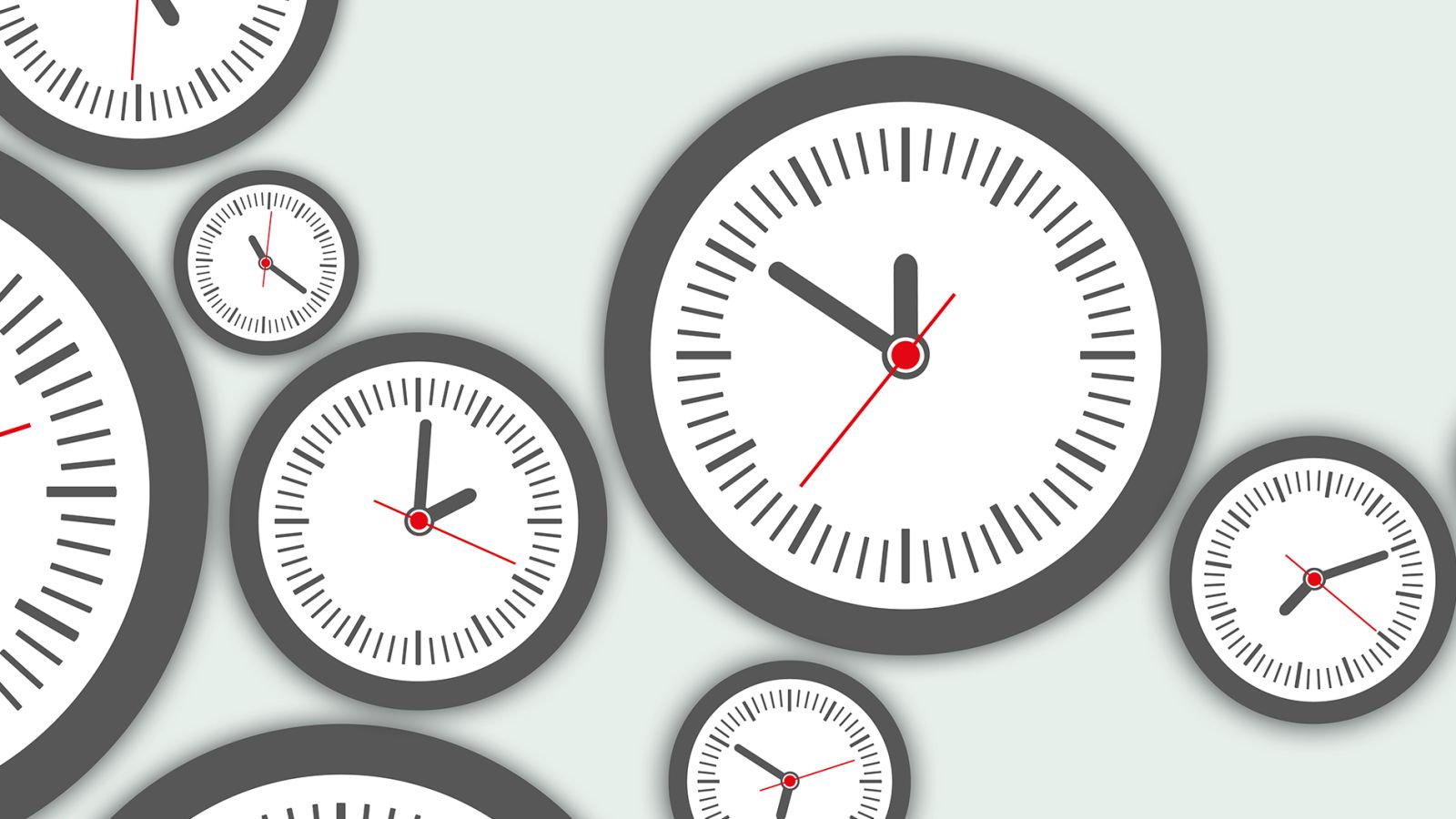Should the Scholars of the Salaf Be Refuted for Mistakes?
Al-ʿAllāmah Rabīʿ ibn Hādī al-Madkhalī


Shaykh Rabīʿ ibn Hādī al-Madkhalī (ḥafiẓahullāh) was asked:
“Indeed you refute every innovator and anyone who opposes the way of the pious predecessors, and from among them are those who use weak narrations to establish certain issues, but al-Imām al-Barbahārī, using weak and fabricated narrations, affirmed certain issues. So how is it that you refute those who use weak ḥadīth, and leave the scholars of the Salaf?”
The Shaykh responded: First of all, I do not submit to the fact that al-Barbahārī uses fabricated and weak narrations to establish points; clarify this to us! And what gripe do you have with me? I respect all of the righteous scholars of the past, not belittling them in the least, and all praises belong to Allāh. We only refute the people of innovation. As for the righteous scholars of the past who were known for sincerity, truthfulness, and religion, even if they make a mistake we still consider them to be rewarded for those efforts. The Prophet (صلى الله عليه وسلم) said:
Whoever strives hard (seeking the truth) and is correct, for him is two rewards. And whoever strives hard (seeking the truth) and he is wrong, then for him is a single reward.
Therefore, if a scholar is known for piety, righteousness, and truthfulness in searching for the truth, then he will be rewarded even if he errs. As for the people of innovation, then this does not apply to them, because they merely follow their own desires.
Source: ‘An Explanation of the Foundations of the Sunnah’ by Shaykh Rabīʿ ibn Hādī al-Madkhalī (ḥafiẓahullāh), pg.184

















